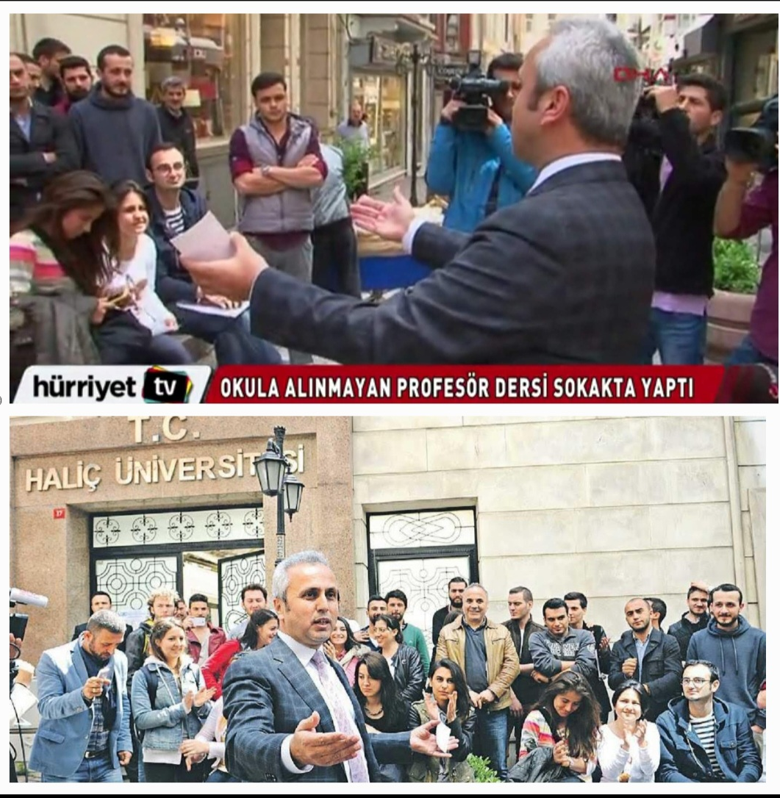Viewpoint
Who would you like to refer to?

It was the beginning of the academic year at the university. There were around 60 students in the lecture hall. In the first lesson, I told the students this: We will get to know each other over time. Of course, it’s not technically possible to be a reference for all of you when you apply for a job in the future. But as we get to know you and become aware of your talents, we will be a reference for some of you, and we will recommend places for them to work with you. Happiness could be seen in the eyes of the students. They were pleased with this.
I repeated these words in class the third week. My aim was to draw their attention to a subject. I told them, “As we get to know you, we will be able to recommend you to the institutions you want to work for.”
A female student immediately raised her hand in the air and said: “Dear professor, can you recommend me?” I answered and said: “I don’t know any of you yet enough to recommend them anywhere. But now I’m starting to form an opinion about who I won’t recommend.” Same student; He asked who? The whole class was following this conversation carefully. I said: “This person is you”. He said: “Why do you think so?” You know, we are in the third week of the school term. You’re the only student who’s been late to class for three weeks. When you start working tomorrow, you may always be late for work. Such an opinion began to form in my mind about you. Who would want to be a reference for someone who is unlikely to get to work on time? Because our opinions about others are always formed by such experiences.
While each of us lives our daily lives and is in contact with others, we also create perceptions about ourselves in the minds of others. The more difficult it is to create a positive perception about ourselves, the easier it is to waste the positive perception about ourselves by making an unexpected mistake.
Reputation is the most important capital in a person’s life. It is based on a relationship of trust. The more difficult it is to build respect in society throughout a lifetime, the easier it is to lose it. This is the same for products and services, and it is also the same for trademarks.
One day, we were giving a doctorate exam to a candidate who was a student in the Department of Public Relations. There is no good or bad advertisement. “Anything that makes you famous is good,” he said, “even if it’s negative.” Thereupon, as a jury member, I told him this: When you strip naked in a square or attempt suicide, this image makes you famous in the next day’s newspapers. I asked if this was good. The jury panel gave a negative report about this candidate. We also explained to him that the aim of a public relations specialist should be to create a positive perception of the institution he works for.
When you recommend products, services, and people to others, you act based on the positive perceptions they create in you. In life, creating positive perceptions in the minds of others is a process that takes time and is quite fragile. Sometimes, it is inevitable that everything positive suddenly turns upside down. Protecting reputation is a process that must be managed until the last breath for everyone.
By Osman OZSOY





